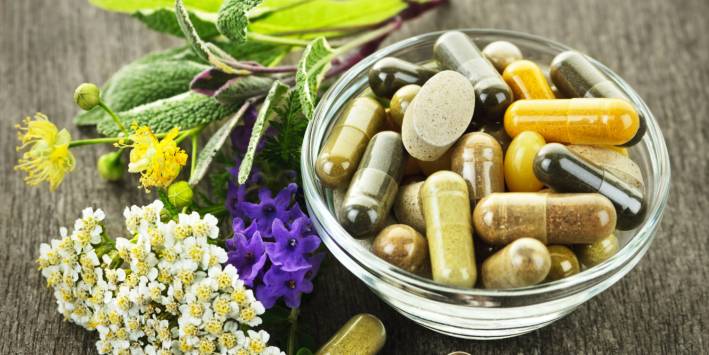Stress is like an iceberg. We see the tip—clenched teeth or fists maybe—but it’s what lies below that can sink us.
And while a little stress helps us stay focused and alert, some days it comes at us in the SuperGulp size. Severe or unrelenting stress can damage the heart.
Your Heart on Stress
Acute stress happens suddenly, if you’re in an accident, for example, while chronic stress is ongoing. Stress hormones, including epinephrine (aka adrenaline), don’t distinguish between the two, however, and these catecholamines, as they are known, can damage hearts exposed to them over long periods.
Unmanaged stress, especially linked to anger and hostility, causes an increased oxygen demand by the body; it also makes coronary blood vessels spasm and may cause electrical instability in the heart’s conduction system. Chronic stress increases blood pressure and heart rate, forcing the heart to work harder. In turn, high blood pressure can result in abnormal heart rhythm, heart attack, and stroke.
Making matters worse, some people smoke, overeat, or use alcohol or drugs to try to cope with stress—all contributors to heart disease and stroke. You don’t need to have a family history of heart disease to be at increased risk; feeling stressed most of the time puts you in that category.
Managing Stress
It’s an inevitable part of life, so strategies to handle stress should be key components of a healthy lifestyle. Yoga, t’ai chi, massage, Reiki, or meditation can restore a sense of calm, but if your heart beats faster just thinking about these, don’t stress—there are other ways to promote the relaxation response that slows respiration, reduces pulse rate, lowers blood pressure, and releases tension. Try simple breathing and relaxation exercises; they’re easy to learn and can be used anywhere to defuse stress.
Calming herbs
Several herbs have proven to enhance the body’s ability to cope with stress’s effects. Studies show that the smell of lavender produces a feeling of calmness and relaxation, reducing stress. Valerian’s sedative properties reduce stress and its physical effects.
Holy basil is an adaptogenic herb, one of a number that have a normalizing influence on the body. Several compounds in holy basil leaves appear to mitigate stress’s physiological and psychological effects. Another adaptogen, schisandra, calms and relieves anxiety. Ashwagandha is useful for anxiety and stress-linked insomnia. Asian ginseng is a restorative adaptogen that tamps down anxiety and stress. Eleuthero also helps the body cope with the effects of stress. A recent review of scientific studies indicates that Asian ginseng, schisandra, and the herb rosemary all have constituents that interact with the human gut microbiome in a way that can result in beneficial impacts on depression, anxiety, and insomnia.
Other calming herbs include lemon balm, St. John’s wort—which helps maintain healthy serotonin levels in the brain—and German chamomile. If you’re sensitive to ragweed, though, avoid chamomile.
Curcumin, the active ingredient of turmeric, acts as an anti-inflammatory, with positive effects on anxiety and depression. Be sure to look for a formula with enhanced bioavailability for best results.
Supplement Support
Both physical and emotional stresses drain the body of vitamin C, which can leave the immune system vulnerable to infection, creating another stressor. So supplementing with sustained-release vitamin C makes sense. The B-complex vitamins play a role in how well our bodies react to stress, as most of them are involved in a well-functioning nervous system. Since many Americans don’t get enough B vitamins, a balanced B-complex supplement can fill the nutritional gap and address the physiological effects of stress. Vitamin D has been shown to be helpful with mood and depression as well.
Consider magnesium too. Stress hormones deplete this mineral, in turn activating the stress response and creating a spiral that spells trouble over time. Research shows that taking magnesium and vitamin B6 together positively impacts the anxiety and stress associated with both PMS and menopause.
Fish oil may also reduce stress. Research shows that people under stress who take omega-3 fatty acids experience a reduction in anxiety as well as inflammation. Omega 3s reduce levels of cytokines, which promote inflammation, and psychological stress is known to increase cytokine production.
Any herb or supplement can affect some medicines you may be taking as well as previously existing health problems, so be sure to discuss them with your healthcare provider before adding them to your regimen.





